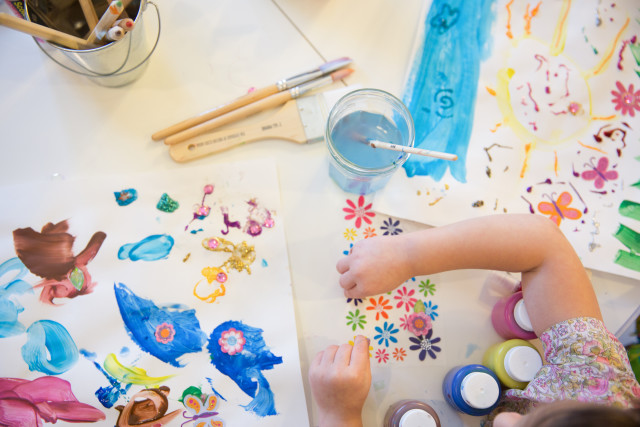Recently, ISSA was joined by the Italian team behind social project Un Villaggio per Crescere (a village to thrive): an initiative aimed at improving parenting skills in population groups at risk. Educational poverty (EP) is a worrying phenomenon in Italy, being one of the strongest determinants of the early onset of social inequity.
The new ISSA member is called the Center for Child Health and Development and Un Villaggio per Crescere is a country-wide project supported by the fund to fight educational poverty. It was established in 2015 by the Italian government with the support of Bank Foundations. The fund aims to improve accessibility and quality early child education (ECE) services in economically and socially disadvantaged communities, where early childhood education services are difficult to access or not available.
Methodologies
The project is based on children’s rights approaches, the early interventions concept, and the ecological theory applied to child development (Shonkoff / Bronfenbrenner). Furthermore, approaches are based on the evidence of long-lasting benefits of quality parental time and development-focused practices (Del Bono / Walker). Overall, the key strategy is to provide parents and their young children with opportunities for engaging, in ad hoc, newly established centers, in activities, such as reading, playing, music, gardening, art and to include them in home-based activities.
Centers
Established in 10 different communities in 10 municipalities, the project aims to reach and engage up to 4.000 families by the end of their third year of the project (2021). Each center operates an average of 10 hours per week and is manned by 3 to 4 educators, whom are specifically trained. Child development, parental competences and community engagement are monitored as a basis for evaluation purposes, ensured by an independent authority. Strategies to reach out to families and ensure retainment, include home visits, strengthening social networks and networking across all sectors, including public, private nonprofit and private for profit.
The project responds to the international call for testing innovative approaches to nurturing care (WHO/UNICEF). It offers parents and children in disadvantaged communities the opportunity to be introduced and get engaged in a combination of activities, all of which have been proven as effective in fostering child development and parent-to-child relationships. Rigorous independent impact evaluation and plans for ensuring long-term sustainability are among the projects greatest challenges.




